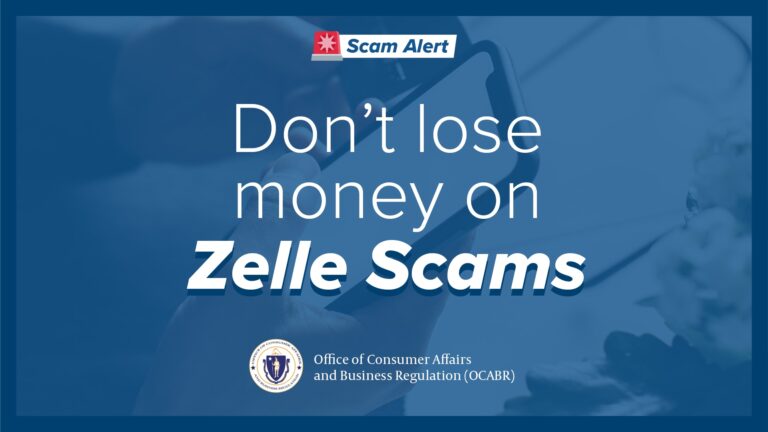Amazon Scam Calls: Amazon Fraud department

Amazon, one of the world’s largest online retailers, has millions of customers worldwide. Unfortunately, scammers have recognized the potential for exploiting Amazon’s reputation and reach to target individuals with deceptive phone calls. In this blog post, we will explore the world of Amazon scam calls: what they are, how they work, and, most importantly, how to recognize and protect yourself from these fraudulent schemes.
Understanding Amazon Scam Calls
Amazon scam calls are fraudulent phone calls that impersonate Amazon or its representatives. These calls are designed to deceive recipients into providing personal information, financial details, or access to their devices. Here’s how Amazon scam calls typically unfold:
The Anatomy of Amazon Scam Calls:
- Caller ID Spoofing: Scammers often use technology to make it appear as though the call is coming from Amazon or a related entity, increasing the likelihood of the call being answered.
- Fake Security Alerts: The caller may claim that there is a security issue with your Amazon account, such as suspicious activity or unauthorized purchases.
- Urgent Action Required: To create a sense of urgency, scammers insist that you must take immediate action to resolve the issue, often requesting that you provide personal or financial information.
- Remote Access Requests: In some cases, scammers may ask for remote access to your computer or device, claiming they need to “fix” the issue. This is a ploy to gain control and potentially steal sensitive data.
- Payment Demands: Scammers may demand payment for alleged unauthorized transactions, often instructing victims to purchase gift cards or transfer money.
- Threats of Consequences: To pressure victims, scammers may threaten legal action, account suspension, or other negative consequences if their demands are not met.
Recognizing the Red Flags
Spotting the warning signs of Amazon scam calls is crucial for protecting your personal information and financial security. Here are common indicators to be aware of:
- Caller ID Spoofing: Be cautious if the caller ID displays “Amazon” or a similar name. Scammers can manipulate caller IDs to appear legitimate.
- Urgent Calls: Scam calls often use urgency and pressure tactics to manipulate victims. Be skeptical of unsolicited calls demanding immediate action.
- Requests for Personal or Financial Information: Amazon will not ask for sensitive information like Social Security numbers or payment details over the phone.
- Remote Access Requests: Never grant remote access to your device unless you initiated the contact with a trusted entity for technical support.
- Payment Requests via Unconventional Methods: Amazon will not request payment in the form of gift cards or cryptocurrency for resolving account issues.
Protecting Yourself From Amazon Scam Calls
Defending against Amazon scam calls requires vigilance and informed decision-making:
- Hang Up: If you receive a suspicious call, hang up immediately. Do not engage with the caller or provide any information.
- Contact Amazon Directly: If you have concerns about your Amazon account, initiate contact through official channels, such as the Amazon website or customer service.
- Verify the Call: If you suspect a call is genuine, hang up and independently verify its authenticity through official Amazon channels.
- Don’t Share Personal Information: Never share sensitive information or payment details over the phone, especially if you didn’t initiate the call.
- Educate Yourself: Stay informed about common scam tactics and red flags associated with fraudulent calls.
- Report Scam Calls: Report suspicious calls to the Federal Trade Commission (FTC) and your local authorities. Sharing information can help prevent others from falling victim.
Conclusion
Amazon scam calls are a deceptive tactic used by scammers to steal personal information and compromise financial security. By staying informed, practicing caution, and recognizing the red flags associated with these scams, you can protect yourself from falling victim to deceptive fraudsters. Remember that legitimate organizations like Amazon will not request sensitive information or payments over the phone, and it’s always better to verify the authenticity of such calls through official channels.






